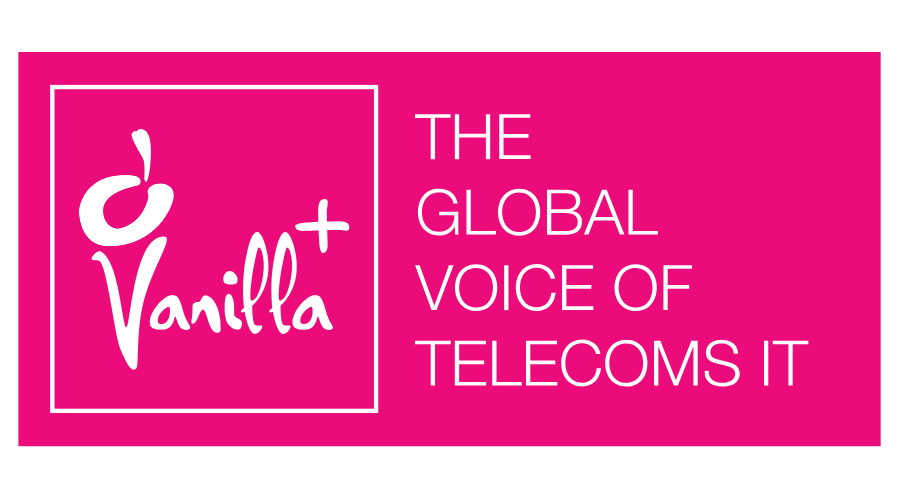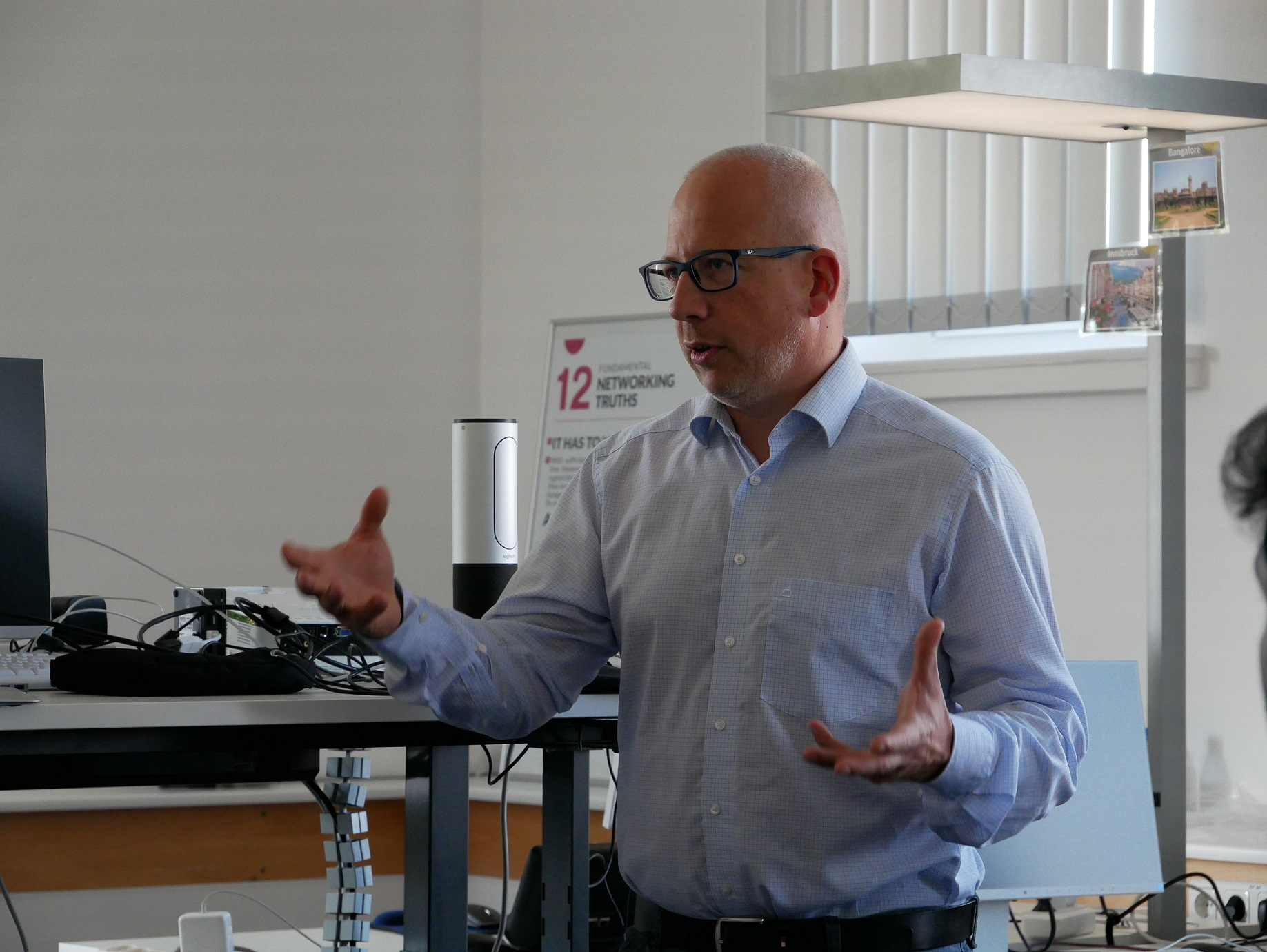Q&A with Hannes Gredler, CTO & co-founder of RtBrick

This article was published in Vanilla Plus on May 17, 2022. You can read the original article here
The telco industry has been on a rollercoaster over the past two years as it has adapted to an ever-changing landscape. Operators have banded together and developed new strategies and technology to address issues they’ve encountered. Hannes Gredler, co-founder and CTO of RtBrick, spoke with us on how disaggregation will solve some of the industry’s difficulties in the next years.
What state does the telco sector find itself in at the start of 2022? Where are we heading to this year?
2022 is going to be a tough year for telco players. They’re facing more demand from customers for higher speeds, lower costs and more stable bandwidth, on top of coming out of one of the world’s global pandemics ever seen. This is evident in a poll of 15,000 consumers by PwC which discovered that one-third of those who love a brand will abandon it after just one bad experience. Access to broadband services is now seen as a basic human need, especially for those working from home, which changes the game completely.
Operators are increasingly being undermined by cloud and OTT companies, but telcos shouldn’t despair yet. There are unique opportunities to build and compete with cloud companies and to beat them at their own game by building cloud-native networks with computing resources rooted deep in the network.

How significant has the impact of the pandemic been on telco operators?
Home working, web conferencing, high quality streaming… all these things have increased our reliance on fixed broadband, traffic has accelerated at a tremendous pace and hasn’t slowed down. For telcos, the significance of the pandemic has been in highlighting the need for scalability and the value of being able to deal with the unexpected. The ability to deploy new capacity in days, not weeks and months, is a highly desirable trait for many operators, and is a shift in thinking that we’ll see more of going forward.
How will disaggregation shape the telco market over the next three years?
Rest assured, it will completely change how telco operators construct their networks. At market level it will bring an end to monolithic infrastructures and supplier monopolisation. With the ability to independently ‘mix and match’ hardware and software based on their needs and budgets, service providers will be free to source solutions from multiple different vendors. As well as reducing costs and enabling much greater flexibility, this will support a competitive market by giving real opportunities to innovative new entrants for the first time in decades.
As disaggregated networks are much easier to scale, they will also enable telcos to be more agile and quickly respond to consumer demands. What’s more, they offer deeper integration with 5G by enabling the evolution to 5G fixed-mobile convergence. It’s this combination of cost-efficiency, limitless scalability and enhanced 5G integration that will drive investments in network disaggregation and transform the telco market over the coming years.
Are there any other groups or companies working in this space, pushing for a disaggregated future?
There is a concentrated effort to push for a disaggregated future. The biggest initiative in fixed networking being the Telecom Infra Project (TIP) and the five carriers they’re partnered with including Telefónica, Deutsche Telekom, BT, and Vodafone, with large scale fibre-to-the-home (FTTH) networks, within TIP.
Then there are the software vendors leading the charge such as DriveNets while on the hardware side you have UfiSpace, Edgecore and Delta, who supply the high quality bare-metal switches. As disaggregation becomes a core part of the sector expect to see more technologies adapt to it such as the OLT. In mobile networks you can already see the OpenRAN initiative starting to work towards a disaggregated network, led by operators such as Rakuten.